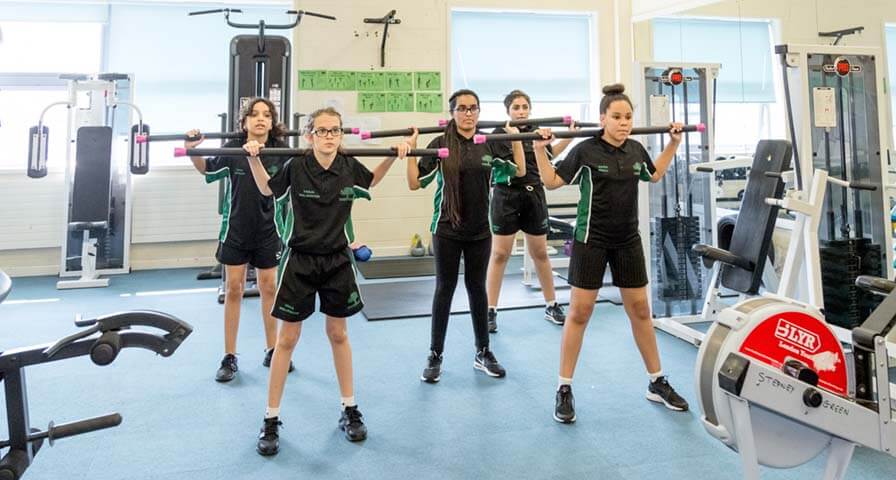Studies continue to define the impact improved cardiovascular fitness has on students’ academic readiness, and a recent study details the positive correlation between muscular fitness and cognitive function.
“Muscular Fitness, Working Memory and Academic Achievement in Children,” authored by Shih-Chun Kao, concluded that “muscular fitness may have unique contributions to working memory independent of aerobic fitness.”

Kao studied students ages 9-11 and measured the impact cardiovascular and muscular fitness improvements on both academic and cognitive function. Aerobic improvement, he found, led to increased academic performance while improved strength led to a unique improvement in brain metabolism.
“Muscle serves as an endocrine organ exerting influence on brain metabolism,” Kao’s study found. As muscular strength improved – as measured in resistance-training exercises — so did the student’s cognitive function.
“Resistance exercise targeting improvement of muscular fitness is potentially associated with enhancement of working memory through mechanisms that differ from aerobic fitness,” Kao concluded.
The study followed students over the course of 10 months. After an initial health assessment, students went through a variety of age-appropriate strength-training exercises recommended by the American College of Sports Medicine:
- Squats
- Push-ups
- Curl-ups
- Lunges
To measure aerobic fitness, students first underwent a modified Balke stress test, walking on a treadmill at a constant pace while increasing the incline every two minutes until exhaustion. Following the 10-month training regimen, students spent a day taking cognitive function tests and a day answering math and reading comprehension questions adapted from the California Standards Test for grades 3-5. Students who showed improvement in aerobic fitness also showed improvement in academic testing, specifically math. Students whose muscular fitness improved performed cognitive function tests with greater accuracy but slower response time.
“In other words, children who have better muscular fitness might try to slow down for better accuracy during the working memory test,” Kao said. “These results suggest that aerobic and muscular fitness have similar yet differential associations with working memory and academic achievement.”
Kao said his study stresses the need for schools to provide high-quality physical education classes that focus on all aspects of student fitness.
“[With] more and more research showing the benefits of aerobic and muscular fitness on cognition and academic achievement, I think the question becomes how to make PE class educational and fun but also more effective in improving fitness,” Kao said in April.
Interactive Health Technologies, with its Spirit System software and IHT Zone wrist heart rate monitor, continues to lead efforts to help teachers motivate students to improve their fitness through the analysis of heart rate data. By putting them in touch with their individual heart rate data immediately following a class session, teachers give students personalized information that helps them understand the effort necessary to improve their overall fitness.
Seeking IHT Spirit System information?
[contact-form-7 id=”3054″ title=”How’d you find us?”]
[turbo_widget widget-prefix=pw_call_to_action&obj-class=PW_Call_To_Action&widget-pw_call_to_action–text=%5Bbutton+href%3D%22ihtusa.com%2Fzone%22%5DIHT+Zone+Heart+Rate+Monitor+Demo%5B%2Fbutton%5D&widget-pw_call_to_action–button_text=]



